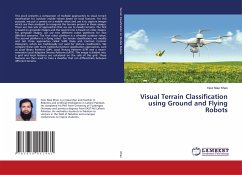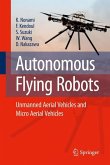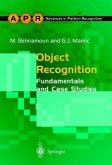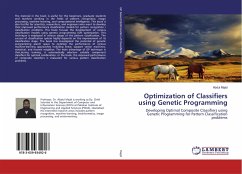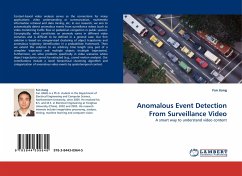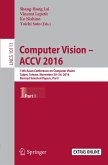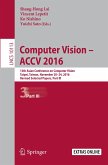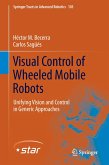This work presents a comparison of multiple approaches to visual terrain classification for outdoor mobile robots based on local features. For this purpose, we put a camera on a mobile robot and use it to capture images which are then analyzed to recognize the terrains present in these images. There are two sets of approaches that we use to classify terrains. The first is based on greyscale images and the second one is based on color images. For greyscale images, we use two different robot platforms for two different scenarios. The first robot platform is a wheeled outdoor robot. The second platform is a flying robot. For terrain classification, we modify and test three approaches called SURF, Daisy and Contrast Context Histogram, which are traditionally not used for texture classification. We compare these with more traditional texture classification approaches, such as Local Binary Patterns (LBP), Local Ternary Patterns (LTP) and a newer extension Local Adaptive Ternary Patterns (LATP). The image is divided into a grid and local features are calculated on the cells of this grid. These features are then used to train a classifier that can differentiate between different terrains.

